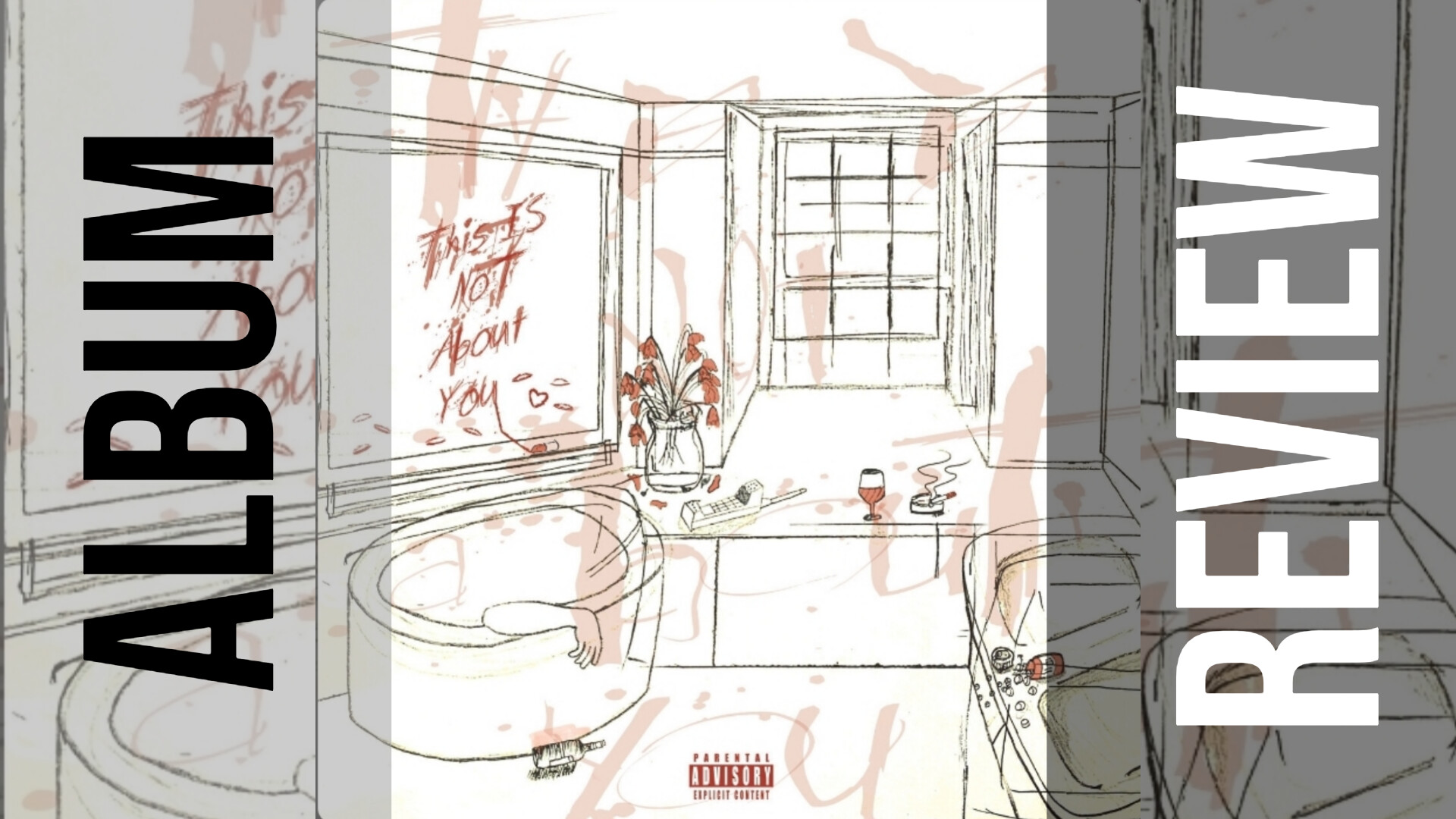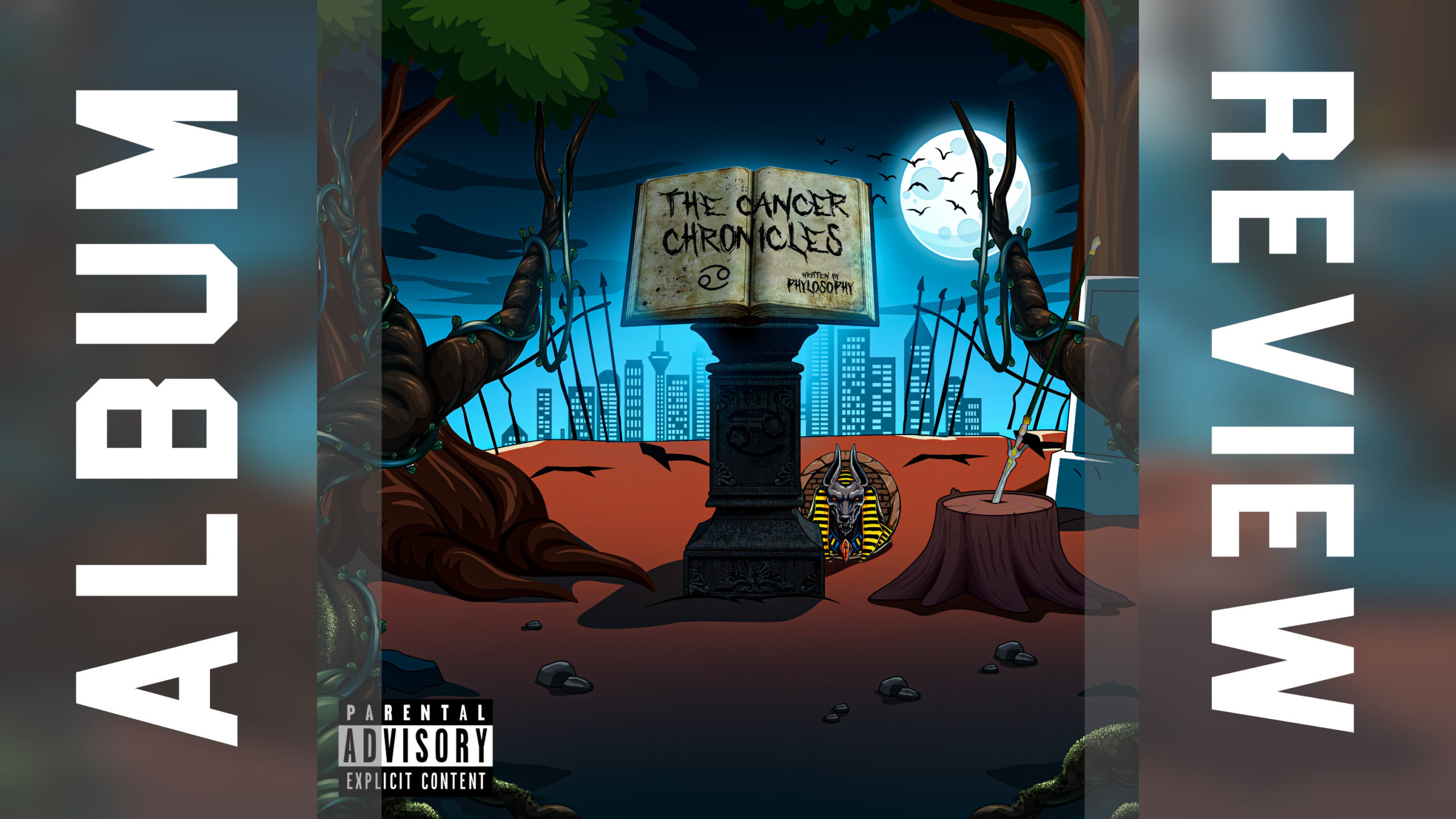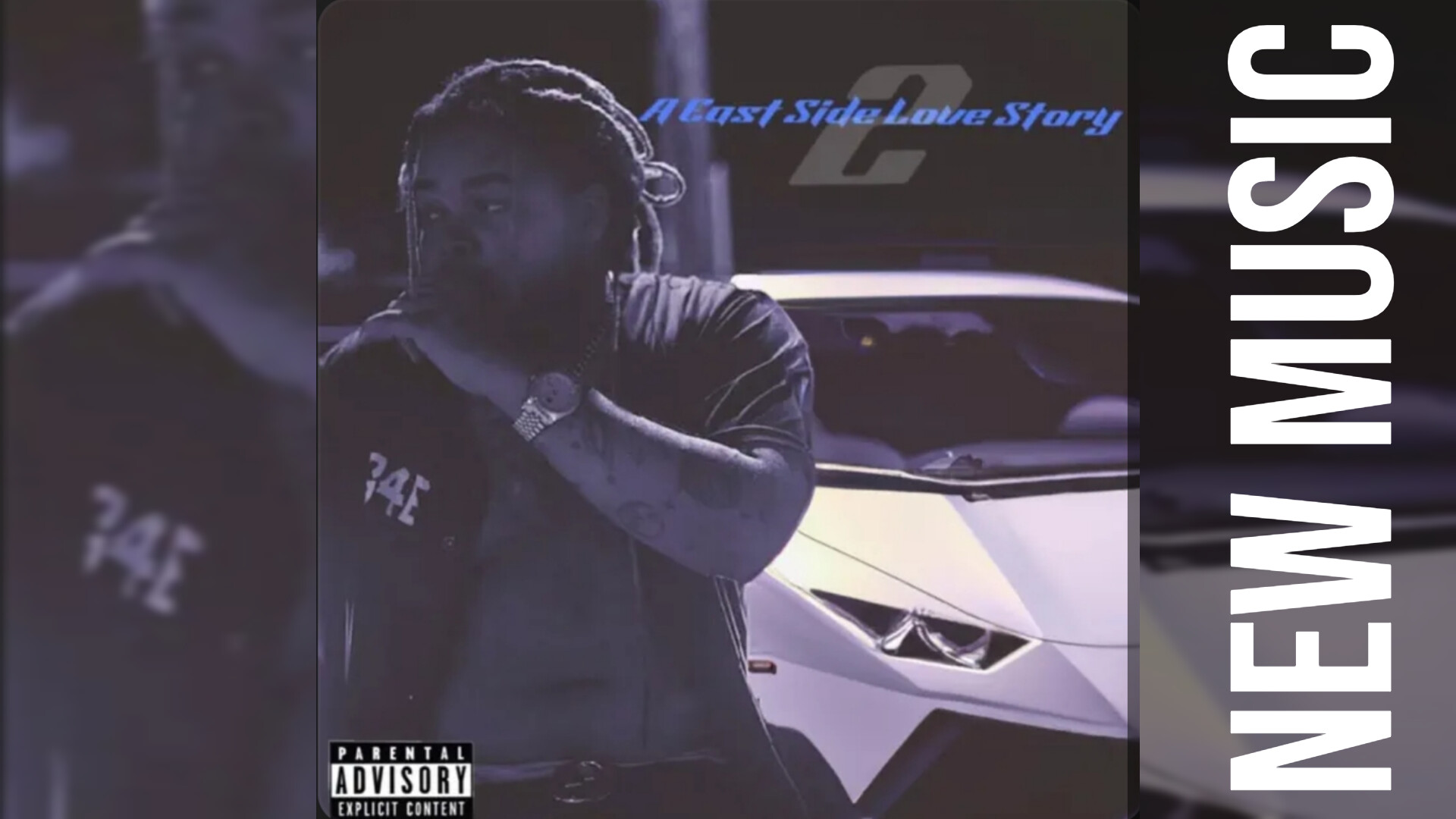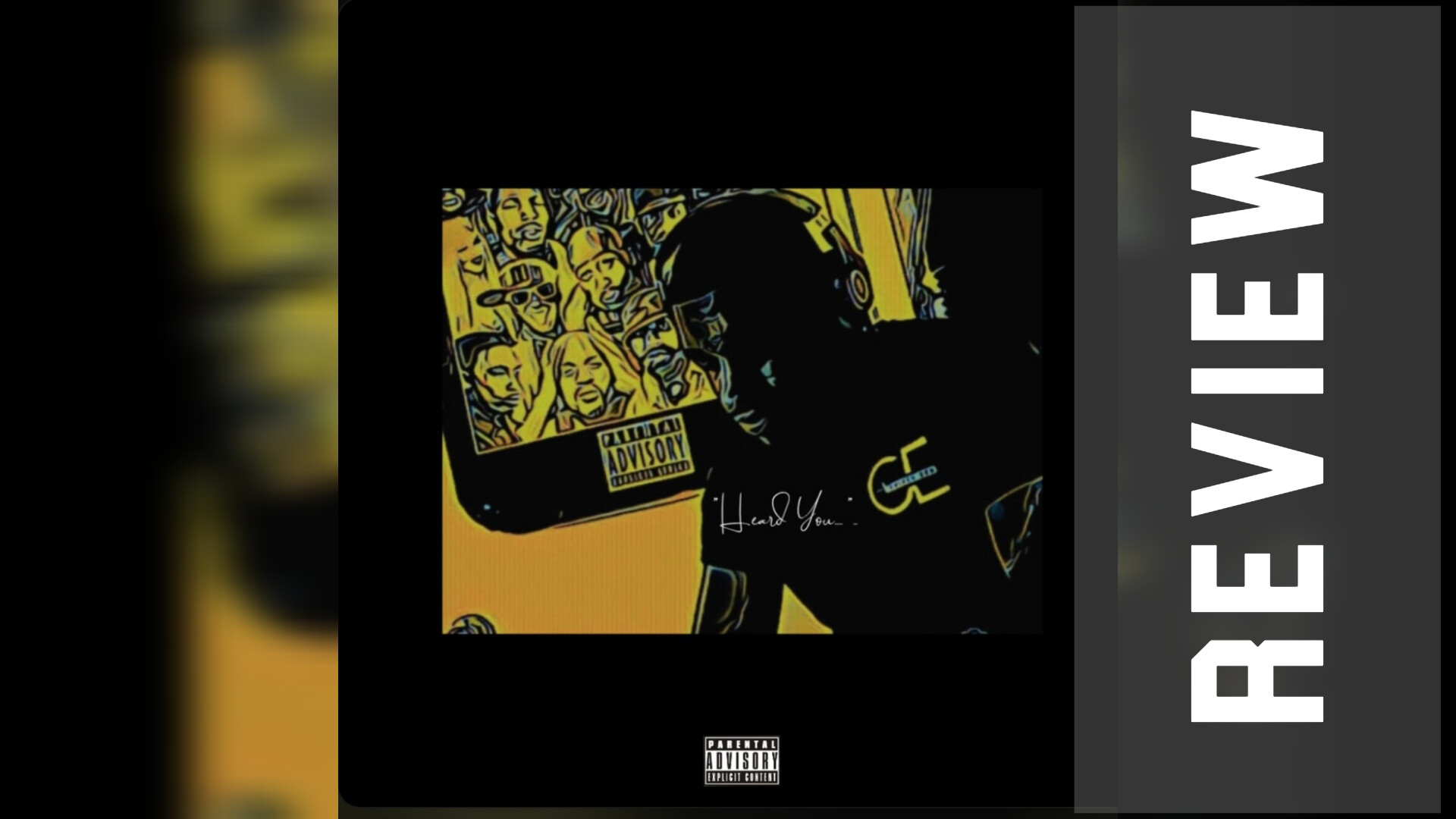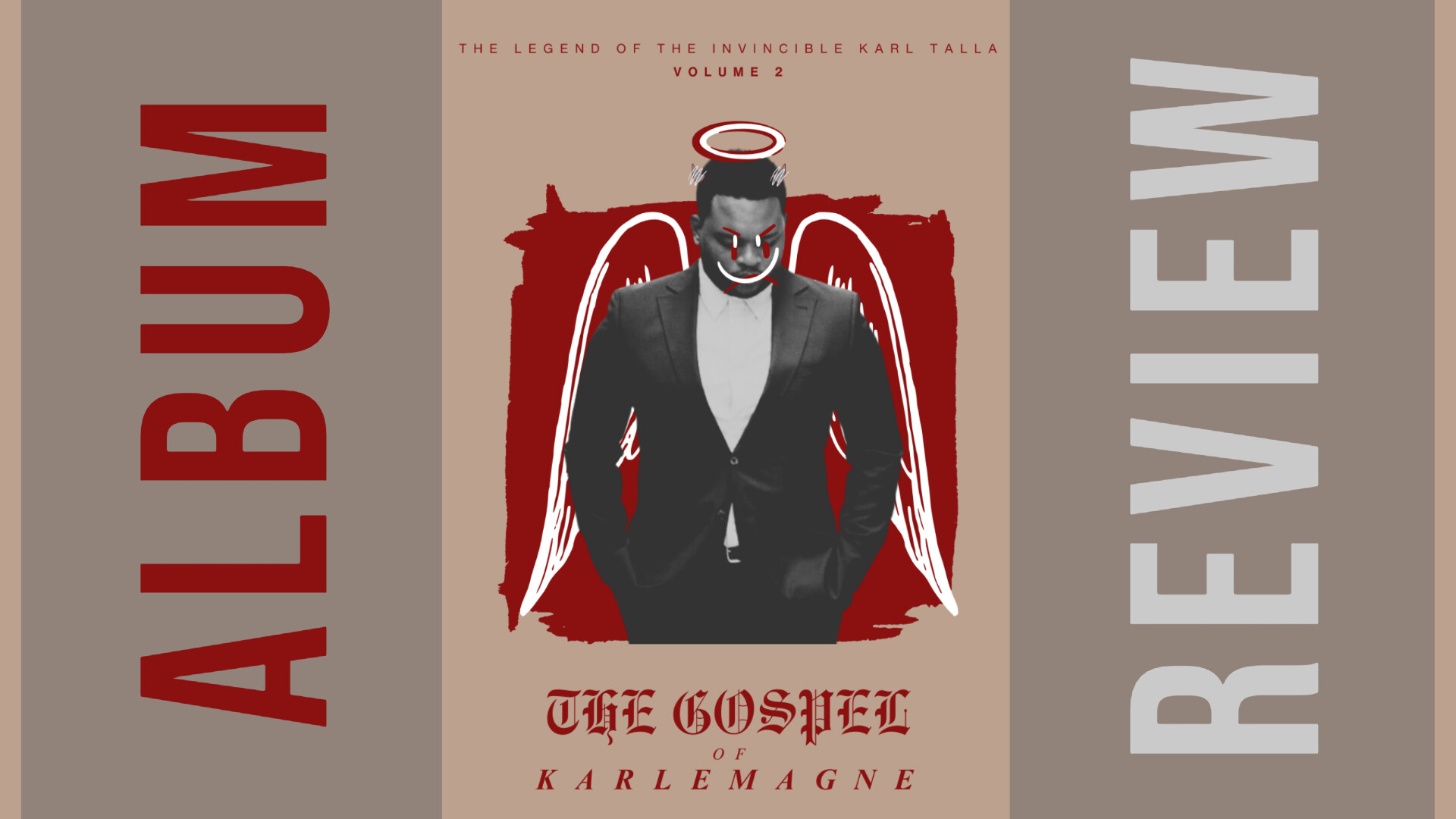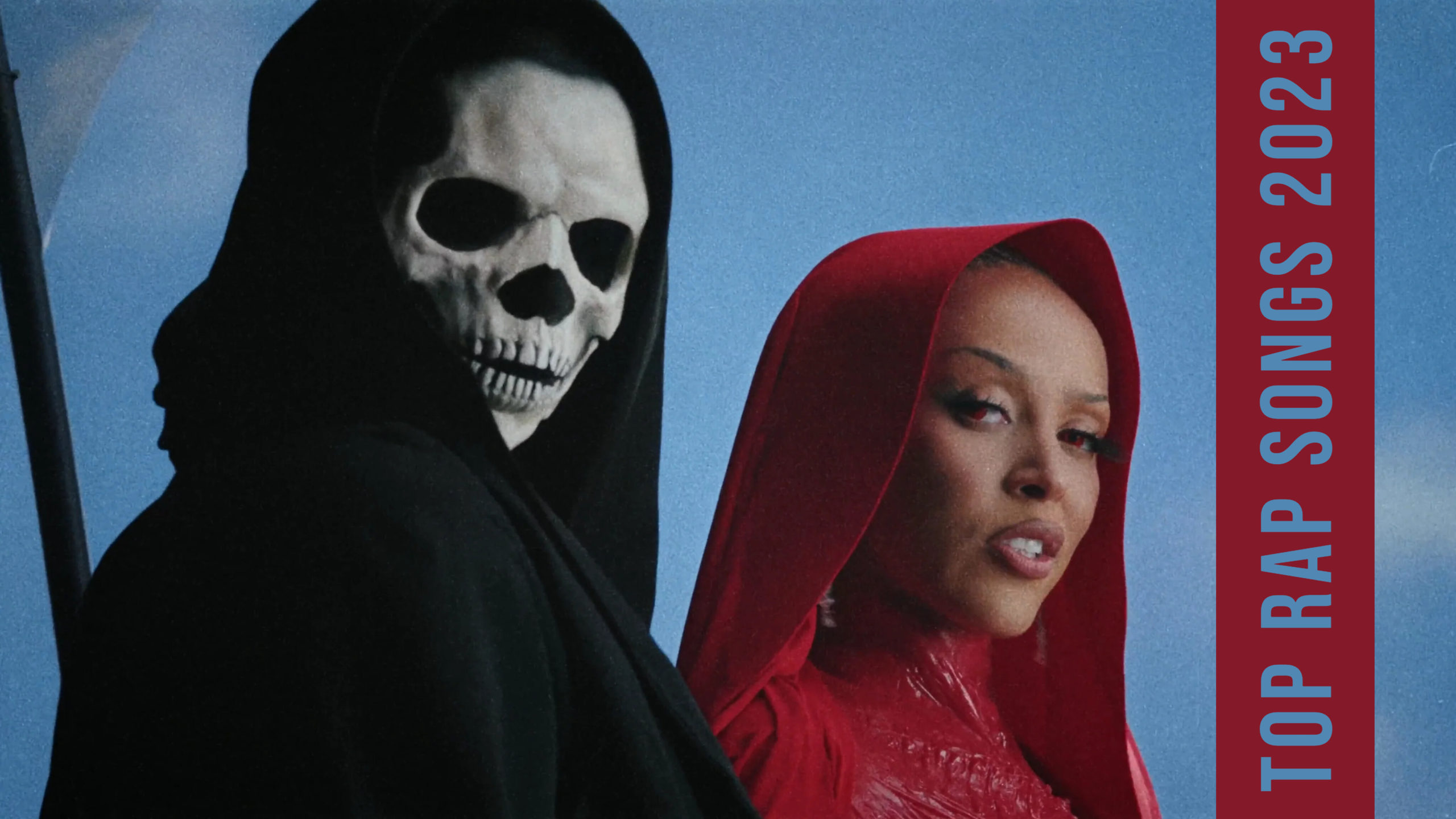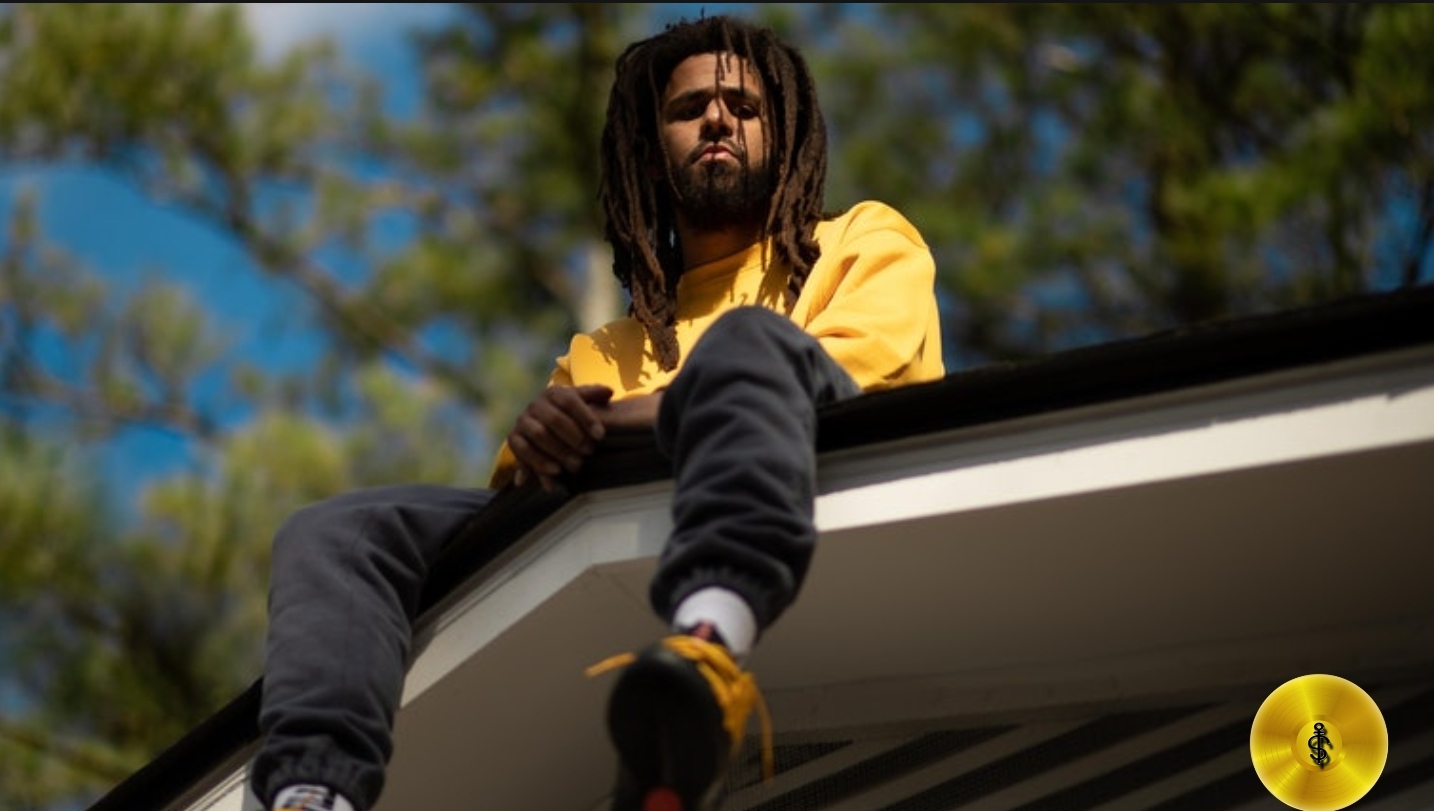

G-HOLY is not the biggest J. Cole fan, but G-HOLY.com is a website that he owns and takes much pride in what is posted. His curation process is comparable to that of Roman Emperor Constantine I & The Council of Nicea. This, versus other Hip-Hop sites, whose process is just shy that of a hooker’s. So for pure objection, G-HOLY has decided to make J. Cole’s ‘The Off-Season‘ review a fully “staff generated” one with everyone’s view in equal parts.
The more scandalous, clickable article would have been the one that gave Cole a “bad review“, amidst mostly praise from critics, in general. Not just critics, but fans and Hip-Hop officials who I respect seem to have a deep reverence for Jermaine that G-HOLY just has not found, or come remotely close to feeling. To give Cole the FAIREST of shakes, here it is.


G-HOLY:
Usually, it would not be a challenge to listen to music in a vacuum, and not use the world at large as a backdrop to the music. In the case of J. Cole, who’s marketed himself as a sociopolitical, empathetic activist, this is indeed a hurdle. In a time where the Hip-Hop world called on Kendrick Lamar and J. Cole for guidance and sonics to offset current events, they went stealth. M.I.A. Now that the “plandemic” is easing up and we’re more desensitized to cops killing Black’s in America, through the process of normalization, we NOW get new J. Cole music. Oh, and basketball. Wow. Ok. Onto the music.
J. Cole, like Logic, would rather sound great than be great. They do all they can to put bells and whistles in place of heart and conviction. Quite the opposite of 2Pac, or DMX. For instance, “9 5 s o u t h“. We know why Cam’ron is there, same reason as Lil Jon: Shock value and nostalgia being taken advantage of. At the heart of the track, though, is Cole going “lyrical mode” with some of the tackiest punchlines you can think of with Super Mario and Easter Bunny references.
THIS is where I, and the world part. I walked away from that song saying “Drake would’ve murdered that” & “why didn’t Cam have a VERSE?”. Others come away saying “Wow, Cole killed it.” or “Cole is back.”. This continues on songs like “i n t e r l u d e“. I heard 20-something bars of semi-randomness with bad autotune and horrible attempts at being lyrical once again with references to Coca-Cola, the rolling 60’s crips and a terrible Jesus, Pimp C, Nipsey Hussle mash-up that had no direction. Some said it was deep. Sounds “fake woke”, at best to me.
To end this off, because I did say equal parts, I was not as impressed with this as most were but here are some great takeaways: Though sonically not in sync, there were easily some of Cole’s best beats ever on this album (or mixtape, which is another gripe I have but I digress). J. Cole sounds more confident than ever. He sounds like he feels like he knows he’s the Nas of his generation. The features were amazing and well-placed, especially 21 Savage on “m y l i f e“, which I would not have suggested anyone touch, but the hook from Morray may have been better than the original.
All in all, at 39 minutes, with dope beats, it’s very digestable. His normal pop-structured song writing and singing mostly took a backseat to a more raw sound and feel. I must say: it was refreshing. With that being said, it’s still fast food and he better come back fast before we all start to notice it. It got better the first 3 listens and exceptionally worse the last 5, for ME. The meat of this album is very lean but the side dishes look great and taste ok. I’m out.


Boshko Maric:
The Off-Season is a very enjoyable listen front to back and is easily one of the best Hip-Hop releases of 2021 for me. J. Cole really shows off his chops as a lyricist throughout the whole record and none of the features miss – 21 Savage’s verse in particular is really impressive. Over the course of the LP, Cole comes across as someone who has really done his research. He achieves a great balance of embracing the new in Hip-Hop, while still paying homage to the old and he never comes across as preachy, which is rare for a Cole project. One negative takeaway that I have is the fact that the album feels a little unfocused, sonically speaking. Many instrumentals feature lots of trap sounds and flows, while others, like “l e t. g o. m y. h a n d” sound heavily influenced by the East Coast boom-bap era of Hip-Hop that Cole grew up on. That being said however, although The Off-Season isn’t the most cohesive album, it is very strong and absolutely deserves a listen.
Peyton Tenison:
J. Cole’s The Off-Season sees the seasoned veteran displaying the depths of his technical proficiencies as a rapper. On the project, Cole switches flows on the drop of a dime and adapts well to any beat thrown his way. There are also some amazing features on the album, which is a refreshing change for Cole. There’s a standout verse from 21 Savage on the track “m y . l i f e” and an angelic outro from Bas on the last track “h u n g e r . o n . h i l l s i d e”. Although the project is a great display of J. Cole’s technical skill as a rapper, it lacks a fair amount of artistic ingenuity. Cole is very much so treating rap as a sport here rather than an art form. It works In the context of the album and is obviously a part of its central concept, but it is limiting creativity. All in all, The Off-Season is a strong showing from J. Cole and is an enjoyable listen for anyone that is a fan of Hip-Hop.
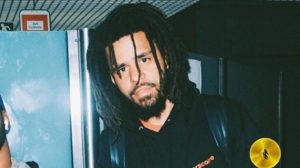

Yasin Toure’:
Cole’s The Off-Season starts off with Cam’ron & Lil Jon on what feels like the perfect first track, “95 South.” The energy and bravado of J. Cole on this track feels like his hiatus may have sparked a need for the artist to separate himself from his peers and remind us of the legacy he’s creating. The song “Amari” named after his son tells of his own progress as an evolving North Carolina kid. While the album itself is filled with what seems like random thoughts of J. Cole’s opinion of the industry, his place in it and the pieces/stories that brought him here. An artist who seems more confident than ever and whose not backing down in any way to make sure he is included as a top lyricist with a strong voice. It’s as if he understands you must demand the respect you seek. In “100 Mil” he chants about his continuous desire to hustle and achieve no matter how much monetary success he has; all while criticizing some of his peers who brag heavier but in reality have less. “Pride is the Devil” is one of the most honest takes on some of the natural sins and flaws of mankind in a cause/effect realism where he details our and his own shortcomings. More about his journey through music and even fatherhood is expressed in “Let go my Hand”, with him referencing an altercation with Diddy. There are so many interesting moments in this album that sometimes feel philosophical, are catchy, and give much food for thought. The last song “Hunger on Hillside” is a hard hitting song that offers the most into where he stands. The album itself is a mix of soul, bravado and a decent amount of quotables to start a conversation after just a listen. This may indeed be J. Cole’s best work, however it still feels like Cole is searching for a true individual voice the way the greats and highly admired all have in common. Often times, he sounds like an imitation of a number of people and has yet to pull off effortlessly being the outspoken activist that he wishes to be seen as like a Kendrick Lamar or Tupac Shakur. And some of his punchlines are outright corny and could have been executed better. In all this is J.Cole’s best work but he still has a way to go to make an effortless sounding album that doesn’t remind us of who Cole wants to be but who he outright, without a doubt is.
G–HOLY.COM, 2021.
